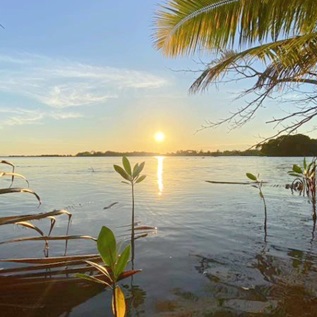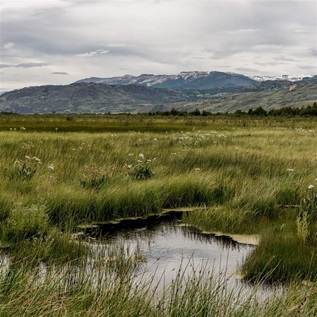Cost of Unaddressed National Park Repairs Grows to Nearly $12 Billion
Increase highlights need for Congress to reduce backlog now
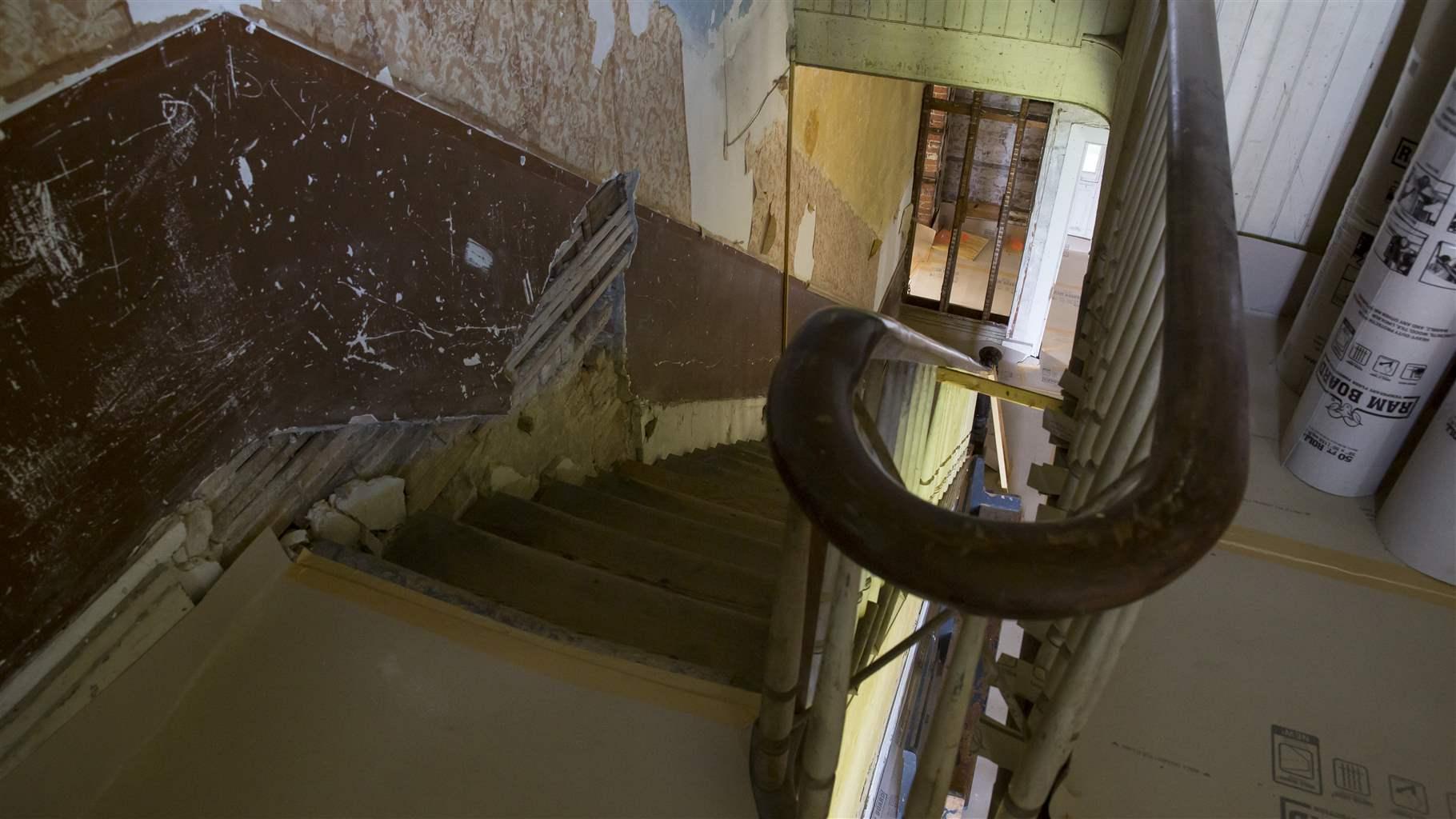
Like a homeowner trying to patch numerous leaks in a roof during a rainstorm, the National Park Service (NPS) urgently needs help to address a backlog of maintenance issues across its more than 400 sites.
Last year, the NPS tackled $671 million worth of deferred maintenance projects—one of its highest annual totals. Yet the agency’s 2018 assessment of its more than 75,000 assets—for example, visitor centers, cultural artifacts, historic buildings, cemeteries and battlefields, marinas, electrical and water systems, campgrounds, and memorials—showed that deferred repair needs add up to $11.9 billion, a $300 million increase from 2017.
That sobering news came less than a month after lawmakers in the House and Senate reintroduced bipartisan legislation to address the backlog by providing consistent federal funding to park maintenance. The Restore Our Parks Act in the Senate and the Restore Our Parks and Public Lands Act in the House would direct up to $6.5 billion over five years to priority repairs; the bills are broadly supported by rural and urban communities, businesses and chambers of commerce, tourism groups, tribes, local officials and visitors’ bureaus, veterans’ groups, outdoor recreation associations, conservation organizations, and others.
These constituencies recognize that America must maintain its world-class National Park System to preserve our historic and cultural resources, ensure access for all visitors, and help communities that depend on revenue from park tourism.
The level of public support for our national parks should compel lawmakers to quickly pass legislation to restore our parks. Congress established the NPS in 1916 and mandated that it “preserve unimpaired the natural and cultural resources and values of the National Park System for the enjoyment, education, and inspiration of this and future generations.” Our U.S. representatives and senators must now ensure that the NPS has the resources to carry out this mission.
To better understand why the NPS’ deferred maintenance tab continues to increase, consider these factors:
- Aging infrastructure. Seventy percent of the backlog is attributed to NPS assets that are over 60 years old.
- Wear and tear from hundreds of millions of visitors each year. In fiscal year 2018, the NPS reported 317 million visits.
- Decades of inconsistent funding for maintenance.
- Postponement of planning, design, and contracting for more complicated, multiyear projects because of budget constraints; that, in turn, can lead to more repair needs and more expense.
- NPS manages and maintains the second-highest number of assets The more-than 75,000 assets that NPS manages is the second-highest among all federal agencies; the Defense Department is first.
The nearly $12 billion national park repair backlog has been building for decades and, for the reasons cited above, will continue to grow unless Congress supports the investment needed to allow the NPS to begin to catch up with priority repairs.
Park rangers are doing all they can, but it’s not enough. Americans, including park visitors and residents of the communities that depend on park tourism, deserve better.
Marcia Argust directs The Pew Charitable Trusts’ campaign to restore America’s parks.


America’s Overdose Crisis
Sign up for our five-email course explaining the overdose crisis in America, the state of treatment access, and ways to improve care
Sign up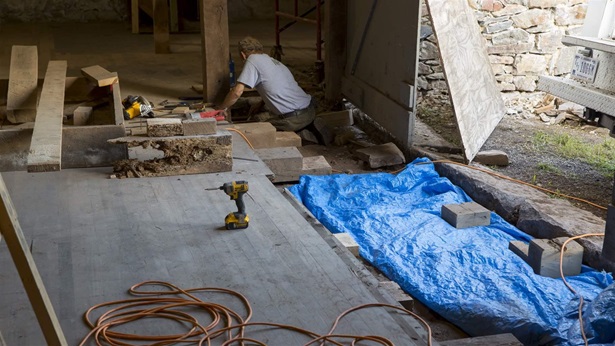
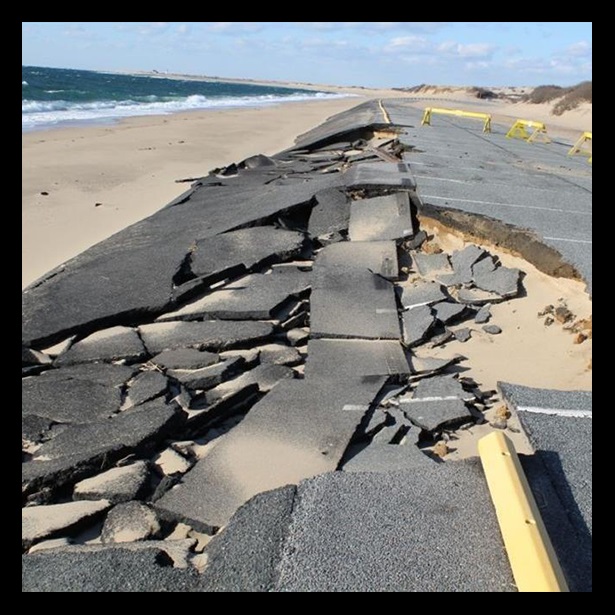
National Park Deferred Maintenance Needs
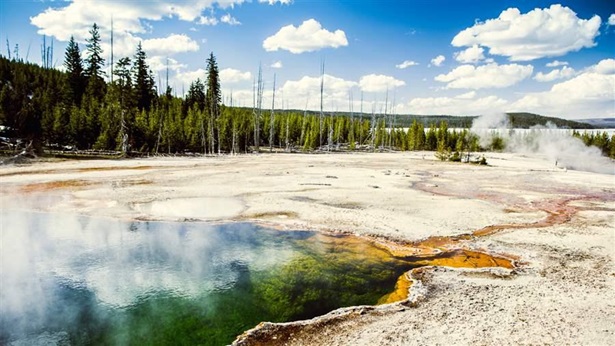
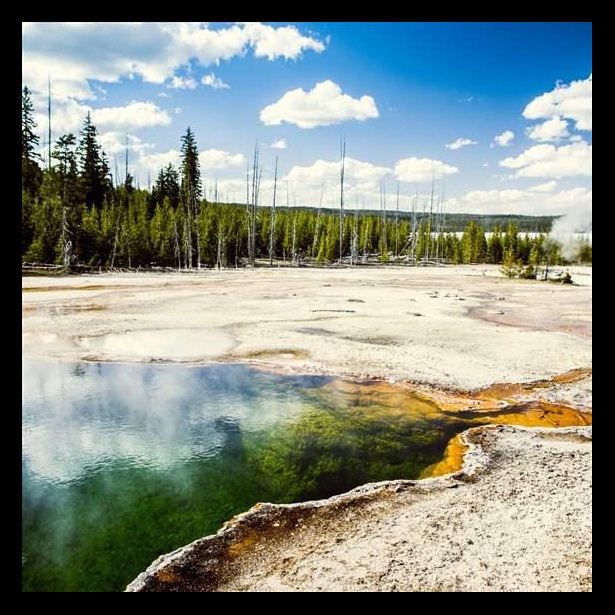
National Park Case Studies
This video is hosted by YouTube. In order to view it, you must consent to the use of “Marketing Cookies” by updating your preferences in the Cookie Settings link below. View on YouTube
This video is hosted by YouTube. In order to view it, you must consent to the use of “Marketing Cookies” by updating your preferences in the Cookie Settings link below. View on YouTube

